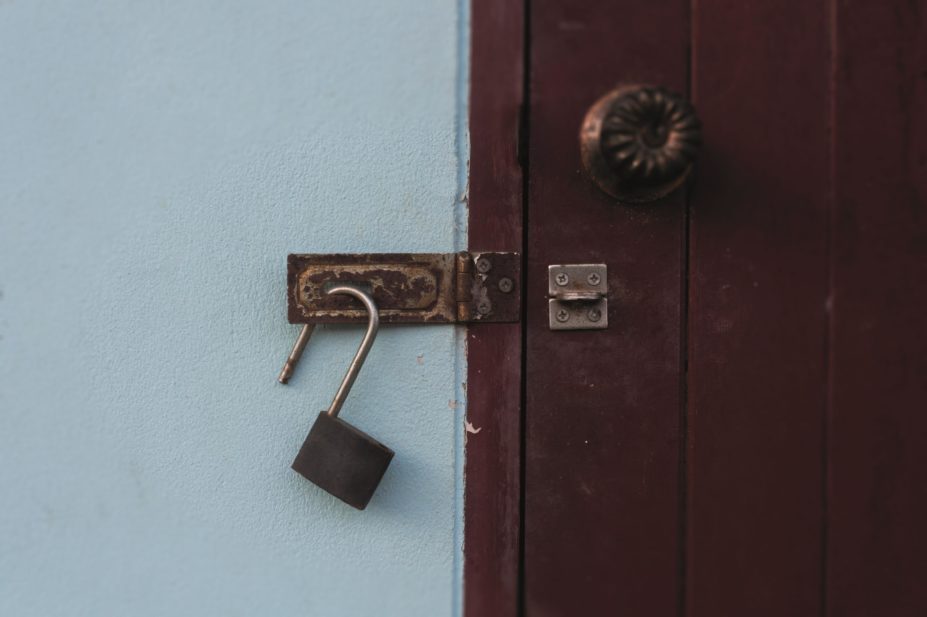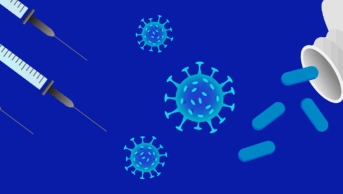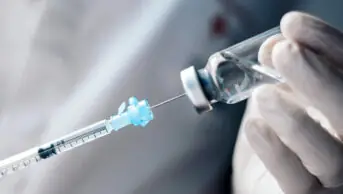
Shutterstock.com
I’m usually not one to bad mouth my own profession but over the past few weeks I’ve been exposed to a few pharmacy-horror stories that have motivated me to write. A friend of mine called for some advice after her four-year old niece had been accidently overdosed on paracetamol suspension. My friend told me that the child’s mother had spoken to an A&E receptionist, who told her to call 111, who then told her to go and speak to a pharmacist. At this point I wondered why my friend had called me, surely any pharmacist would give the same advice as I would?
She’d called because she wanted a second opinion. The child had been given two 5ml spoonfuls of 120mg/5ml paracetamol suspension (240mg) and then been given one 2.5ml spoonful a few moments later (60mg). This meant that a four-year-old, average weight child has had a total one-off dose of 300mg. On hearing this, the pharmacist, allegedly, advised that the child be taken to A&E immediately because there would be no symptoms of a paracetamol overdose and the child would need tests to ensure that she was okay.
I did some quick calculations and checked the British National Formulary for Children. Essentially this was a minor overdose that would probably do the child no harm whatsoever. I asked my friend a few more questions to find out if perhaps any key details had been missed out, perhaps a history of liver problems or chronic paracetamol misuse but there was nothing. The child’s mother took her to A&E and, although the child was sent home after being seen within an hour, was reassured by a doctor and a nurse that bringing the child to A&E was the right thing to do. I can’t help but feel somewhat confused about that.
The mass media tells us almost daily that the NHS is crumbling, A&Es are overstretched and advises that we make better use of pharmacists for advice. As a pharmacist I felt confident that my knowledge about paracetamol dosing, the development of the liver, and the general robustness of most children after they’ve eaten, swallowed or chewed on something they shouldn’t have, meant that this child was almost certainly going to be fine and so I believe the best advice would be to drink plenty of fluids and keep an eye on her.
On reflection, one could consider the role of the mass media on my avoidance of sending patients to A&E. I feel like a professional, and part of that professionalism includes making appropriate referrals. Sending a patient to A&E who doesn’t actually need to be there is inappropriate and therefore unprofessional.
Reflecting further, one might consider the difficulties faced with a consultation with a young and anxious mother who is afraid she has inadvertently poisoned her child. Yet I still believe that, as practitioners, we should be able to deal with difficult consultations. Do pharmacists know that sometimes an appropriate referral is to do nothing?
Perhaps the patient-consumer model of pharmacy prohibits a watch-and-wait approach. A patient-consumer who approaches a pharmacist wants something; the pharmacist-provider supplies it. If the patient-consumer wants a referral to the GP or A&E can a pharmacist-provider say no? Would that be seen to be bad for business?
Or perhaps some pharmacists simply do not have the confidence or believe they have the professional autonomy to make a decision and give advice. For decades, pharmacists have shared the responsibility for the sale of medicines with the Medicines and Healthcare products Regulatory Agency, which issues licenses to medicines for sale over the counter, or they have shared the responsibility for the supply of medicines with prescribers. Now pharmacists are being asked to take sole responsibility for turning patients away from an over-stretched A&E or over-worked GPs. Do most pharmacists feel confident to make decisions about patients that makes them the sole, responsible healthcare professional?
There is no use the Royal Pharmaceutical Society, the Department of Health and the NHS backing a pro-pharmacy agenda if pharmacists out there do not have the confidence to give people appropriate referrals when the referral is watch and wait. If pharmacists cannot advise patients to watch and wait, perhaps they are contributing to the workload of over-worked GPs and over-stretched A&Es through inappropriate referrals.


